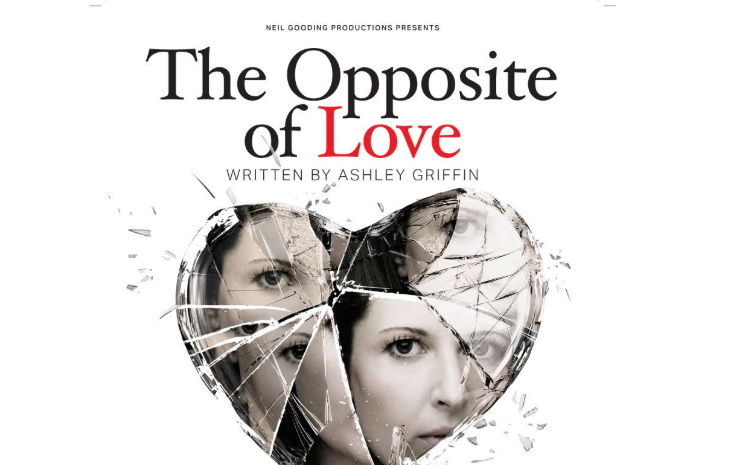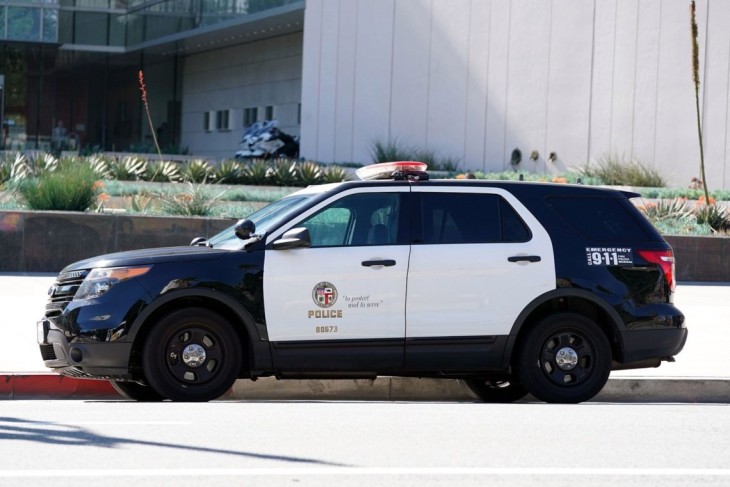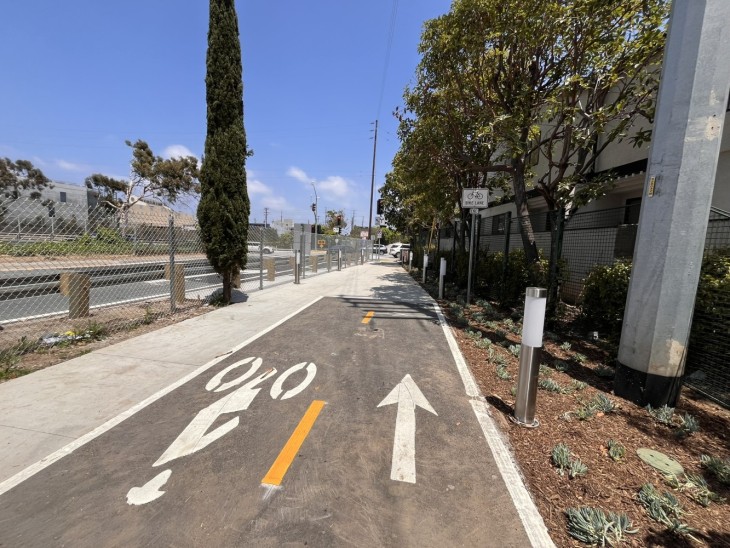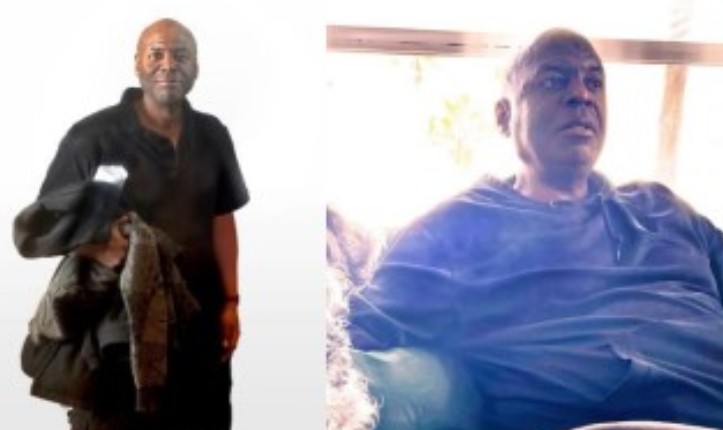Two patients, one who waited seven years, underwent a newly approved heart procedure on Monday at Providence Saint John’s Health Center in Santa Monica utlilizing a device that guards against stroke and blood clots for those who suffer from irregular heart rhythms – atrial fibrillation.
The patients were among the first in the nation to receive the WATCHMAN implant since it was approved March 13 by the Food and Drug Administration as an alternative to blood-thinning drugs and their serious side effects.
Shephal Doshi, M.D., a cardio-electrophysiologist with 100 patients on a waiting list, performed the procedures.
At 8 am, Mary Thomsen, 77, became one of the first recipients of the WATCHMAN following FDA approval.
“I’m thrilled,” she said. “Dr. Doshi said I’m a perfect candidate for the procedure.”
A year ago, Thomsen developed atrial fibrillation, and a blood-thinner was prescribed. Within a few days the medication caused hemorrhaging, but when she stopped taking the drug she suffered a stroke. Another blood-thinner was prescribed, which she tolerated even though it was difficult to regulate the dose.
“It has changed lives,” Dr. Doshi said. “One of the biggest issues and concerns for patients on blood thinning medication is uncontrolled bleeding – the impending fear of doom. As many a-fib patients are older, they are at increased risk of bleeding and at risk for falling and suffering a trauma that can lead to bleeding. Because of this, many a-fib patients at high risk of stroke are not prescribed long term therapy with blood thinners. This procedure provides an alternative to long term blood thinners and provides stroke risk reduction therapy for many patients who have no other good options. To see people getting active again, riding bikes, and overall improving their cardiovascular health is what motivates me.”
More than 3 million Americans take blood-thinners, such as warfarin, most commonly marketed as Coumadin. The medications are effective in reducing strokes and decreasing heart clots in patients with atrial fibrillation – irregular rhythms. The risk of bleeding, however, is always present. In fact, medication often is halted for even minor procedures such as dental teeth cleanings.
Eighty-four-year-old Robert Carlson underwent a quadruple bypass 16 years ago, and since then has experienced a-fib. He registered for the WATCHMAN clinical trial, but was not chosen, and eagerly awaited FDA approval of the device.
“I kept hearing about how successful it was and how everyone had a better quality of life after receiving the device, so I was anxious to have this done,” Carlson said. “Dr. Doshi told me when the trials were finished and the device eventually approved that I could be one of the first patients to have a WATCHMAN procedure.”
Now that the WATCHMAN is available commercially, Dr. Doshi, who has helped train physicians in 14 countries on four continents, will be a part of a select group of national physicians providing training for other cardiologists from other health systems across the country. Many of these training courses are planned at Providence Saint John’s.























